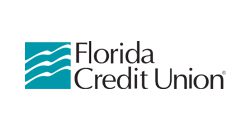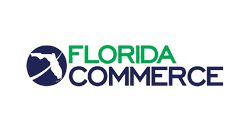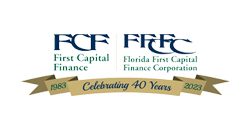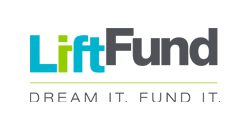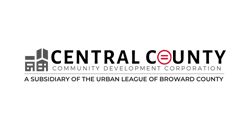While business loan requirements vary by lender and loan type, here is a general guideline of what you might need when applying for a Florida business loan.
Credit score
You typically need a FICO Score of 670 or higher and a business credit score above 80 to get the best business loan interest rate. Boosting your scores before applying can improve your chances of securing the most competitive loan offer. Or, you can consider a business loan for bad credit.
Business plan
A business plan outlines your company’s goals, including marketing strategies and financing plans. A detailed business plan can reassure lenders that you will use their money responsibly.
Annual revenue
Many lenders require a steady income stream to qualify for small business financing. Annual minimums can range from $36,000 to $480,000 or higher, although some lenders may accept lower earnings for startups. If your revenue doesn’t allow you to qualify for a small business loan in Florida, consider applying for microloans or business credit cards to cover your immediate needs.
Time in business
Online lenders typically require companies to have been in operation for six months to one year to qualify for a business loan. Traditional banks usually want to see an established track record of two or more years.
Collateral and/or personal guarantee
Some lenders require collateral to reduce risk with a secured business loan. Collateral can be real estate, equipment or a cash down payment. The lender can seize your collateral as a form of payment if you default on the business loan. A personal guarantee is slightly different since it’s connected to your personal assets.
